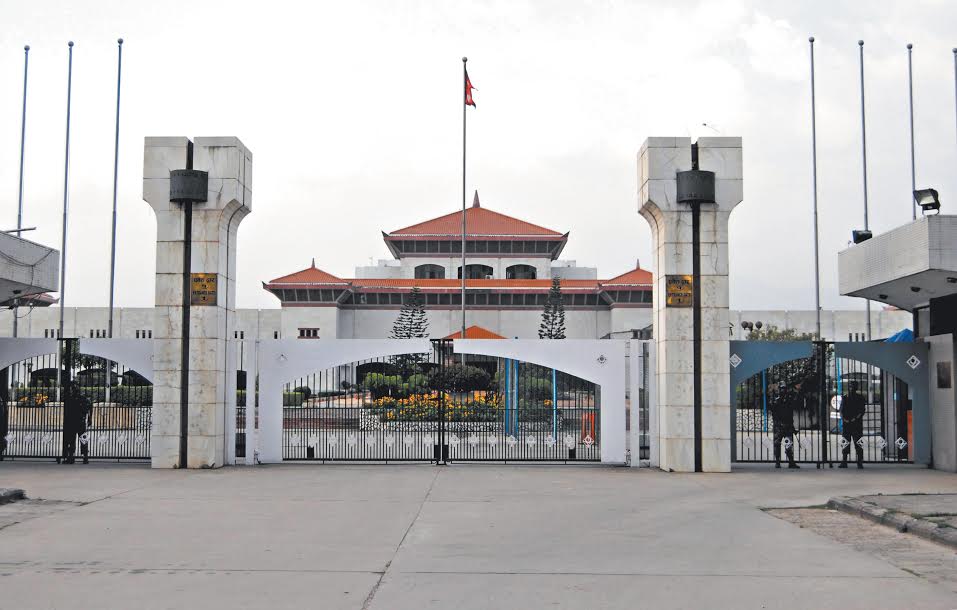‘Citizenship bill not inclusive’
KATHMANDU, JULY 1
Although the constitution is progressive in terms of citizenship issues it does not guarantee equality.
Even after five years of the promulgation of the constitution, necessary amendments have yet to be made to Citizenship Act-2006, as per the provisions of the constitution.
As a result, a large number of people, who are qualified to obtain Nepali citizenship, have been deprived of citizenship rendering them stateless. It has been two years since a bill seeking amendment to the Nepal Citizenship Act has been registered in the House of Representatives.
The State Affairs and Good Governance Committee of the House of Representatives passed the bill on the basis of majority and presented it to the HoR on June 23 for deliberation.
Issuing a press release Civil Society Network on Citizenship Rights observed that the parliamentary panel’s report on the citizenship bill, passed by the majority of members of the committee, has resolved many problems of the Nepal Citizenship Act. The network comprises 29 organisations, including Forum for Women and Law and Development.
Despite some positive provisions in the report, the network has raised various concerns over the bill.
“Since the constitution itself discriminated between Nepali mother and Nepali father, the bill does not contain any provision that could enable Nepali mothers to independently ensure citizenship by descent for their children. If a Nepali woman marries a foreign man, the Nepali woman cannot ensure naturalised citizenship for her husband,” read the release. The bill stipulates that foreign women married to Nepali men shall have to wait for seven years to obtain Nepali citizenship.
If Nepali citizens married to foreign citizens want to reclaim Nepali citizenship, they will have to furnish evidence that they have not obtained citizenship of a foreign country or similar nationality documents of a foreign country. If the applicants had obtained foreign citizenship or nationality document before applying for Nepali citizenship, then they are required to renounce those citizenship and nationality documents.
This could render people stateless, according to the release.
The bill also stipulates that applicants, who want to obtain citizenship as ‘Other’ on the basis of gender identity, shall have to reveal their identity based on the recommendation provided by a recognised medical doctor. But this provision will increase the burden of proof on the applicant and would undermine their prestige. This provision will be a disadvantage to those, who were born as male or female but feel to be different from their biological gender and do not want to undergo sex change surgery or are unable to afford such surgery, read the release.
A version of this article appears in e-paper on July 2, 2020, of The Himalayan Times.



